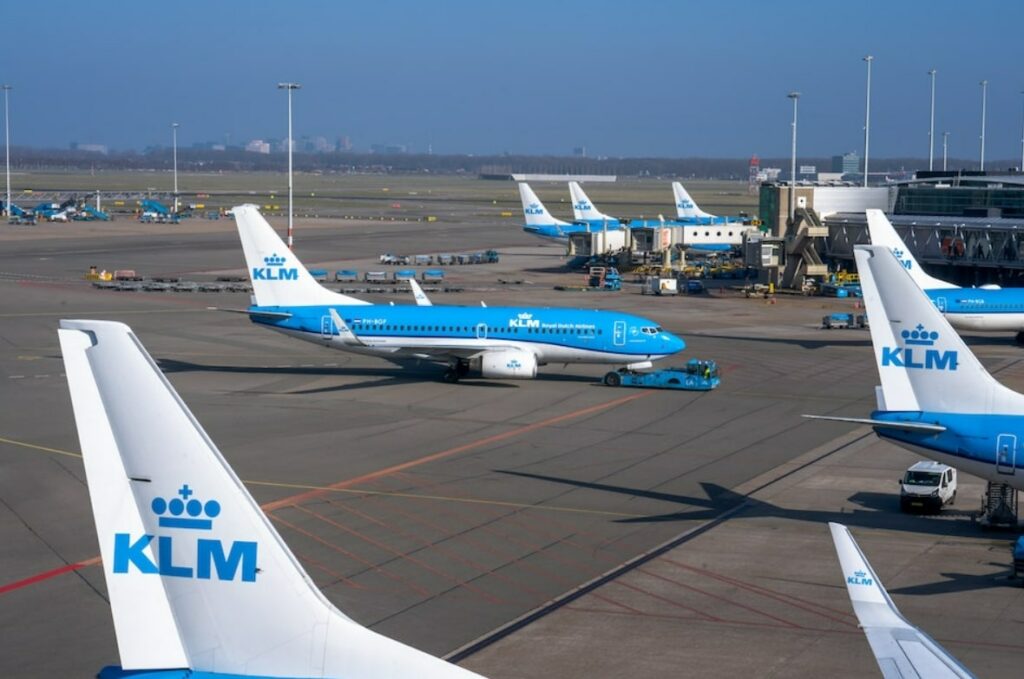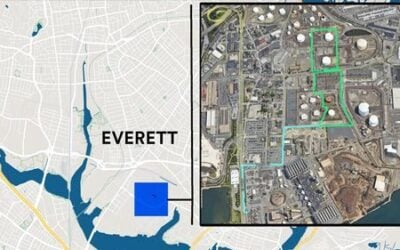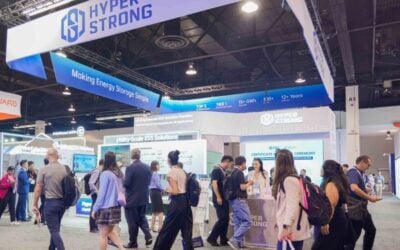
ESS Inc ended 2022 with nearly 800MWh of annual production capacity for its iron flow battery, although had a relatively poor last financial quarter with just US$15,000 in revenue.
Full-year revenue was US$894,000, the first year in which the firm has booked revenues. Operating expenses meanwhile were US$106.4 million meaning a full-year operating loss of US$105.5 million, which falls to a net loss of US$78 million once ‘other income’ totaling US$27.5 million is accounted for.
More noteworthy perhaps is that ESS Inc completed the installation of its automated manufacturing line at its plant in Wilsonville, Oregon. That means it has can build nearly 800MWh of its flow batteries that use an all-iron and saltwater electrolyte, annually. Scaling up is one of the biggest challenges for the non-lithium battery sector.
Deals struck in the final quarter of the year include a 75kw/500kWh Energy Warehouse order – its commercial and industrial (C&I) product – with Burbank Water and Power (BWP) in California and a project at Schipol Airport in Amsterdam. The latter is replacing diesel generation for its ground operations.
Try Premium for just $1
- Full premium access for the first month at only $1
- Converts to an annual rate after 30 days unless cancelled
- Cancel anytime during the trial period
Premium Benefits
- Expert industry analysis and interviews
- Digital access to PV Tech Power journal
- Exclusive event discounts
Or get the full Premium subscription right away
Or continue reading this article for free
The Airport has hundreds of megawatts of power needs and the project could be part of a larger rollout of ESS Inc’s technology there, Ronald Richardson, European business development for the company told Energy-Storage.news in an interview at Energy Storage Summit last week.
Its deployment there, a 6-8 system, is part of the pan-European, part EU-funded TULIPS project aimed at decarbonising airports over the coming four years. ESS Inc’s technology generally offers a duration of 6-12 hours.
The EU also wants to decarbonise ports and harbours by making sure that ships use shore power when docked rather than fossil fuels, Richardson said. Flow batteries can win these contracts thanks to their longer duration but also their better fire safety specifications. Although lithium-ion has won some deals in this space as reported by Energy-Storage.news last year.
He said that ESS Inc’s focus on the C&I sector so far has been driven by the market rather than the company’s limited production capacity (compared with lithium-ion battery storage solution providers).
“Businesses have sustainability on their agenda and projects like these show the commercial viability of our product,” he said.
See more Energy-Storage.news coverage of ESS Inc here.
Energy-Storage.news’ publisher Solar Media will host the 5th Energy Storage Summit USA, 28-29 March 2023 in Austin, Texas. Featuring a packed programme of panels, presentations and fireside chats from industry leaders focusing on accelerating the market for energy storage across the country. For more information, go to the website.





